











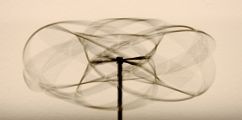


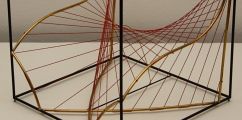
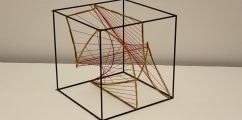
Das zweite Studienjahr
Ich habe meine fachlichen Grundvorlesungen bestanden, was muss ich nun beachten?
Falls du fachwissenschaftlich studierst, beginnt nun der Teil deines Studiums, in dem du recht frei wählen kannst, womit du dich im Hinblick auf die Mathematik beschäftigen möchtest.
Du musst mindestens zwei angewandte und zwei theoretische Vorlesungen hören, hast aber die Möglichkeit, selbst aus dem Angebot zu wahlen. Tipp: falls du Maß- und Integrationstheorie wählst, hast du damit gleichzeitig eine angewandte und eine theoretische Vorlesung abgedeckt, dies erhöht deine Freiheit bei der Auswahl der weiteren Vorlesungen.
Am Seitenende dieser Seite findest du eine Übersicht, welche Vorlesungen regelmäßig im Sommer- und Wintersemester angeboten werden. So kannst du bereits im Voraus ein
wenig planen, damit du später nicht vier Vorlesungen gleichzeitig besuchen musst.
Falls du auf Lehramt an Gymnasien und Gesamtschulen studierst, hörst du im zweiten Studienjahr die Vorlesungen Stochastik I (nur Wintersemester) und Geometrie (nur Sommersemester) sowie ein Proseminar. Falls du Mathematik als Kernfach studierst, musst du neben den gerade genannten Veranstaltungen noch eine weitere Vorlesung belegen. Welche dir hier zur Auswahl stehen, kannst du in der Modulliste nachsehen, diese Vorlesungen sind als Wahlpflicht gekennzeichnet.
Soll ich mich breit aufstellen, oder lieber früh festlegen?
Aus unserer Sicht ist das eher eine Geschmacksfrage. Bedingt durch die fächerspezifischen Bestimmungen wird eines gewisse Breite vorgegeben, daneben ist aber immer noch genug Platz, viel von dem zu hören, was dich am meisten interessiert.
Bedenke dabei, dass dir, falls du den Master Mathematik machen möchtest, dort auch eine gewisse Breite in der Ausbilddung vorgegeben wird. Deshalb kann es sich durchaus lohnen, sich im Bachelor nicht hyperfokussiert auf eine Richtung einzuschiessen, sondern gute Grundlagen für mehrere Bereiche zu legen. Dies hilft dann im Master, da du nicht mehr so viel nacharbeiten musst.

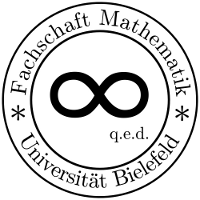


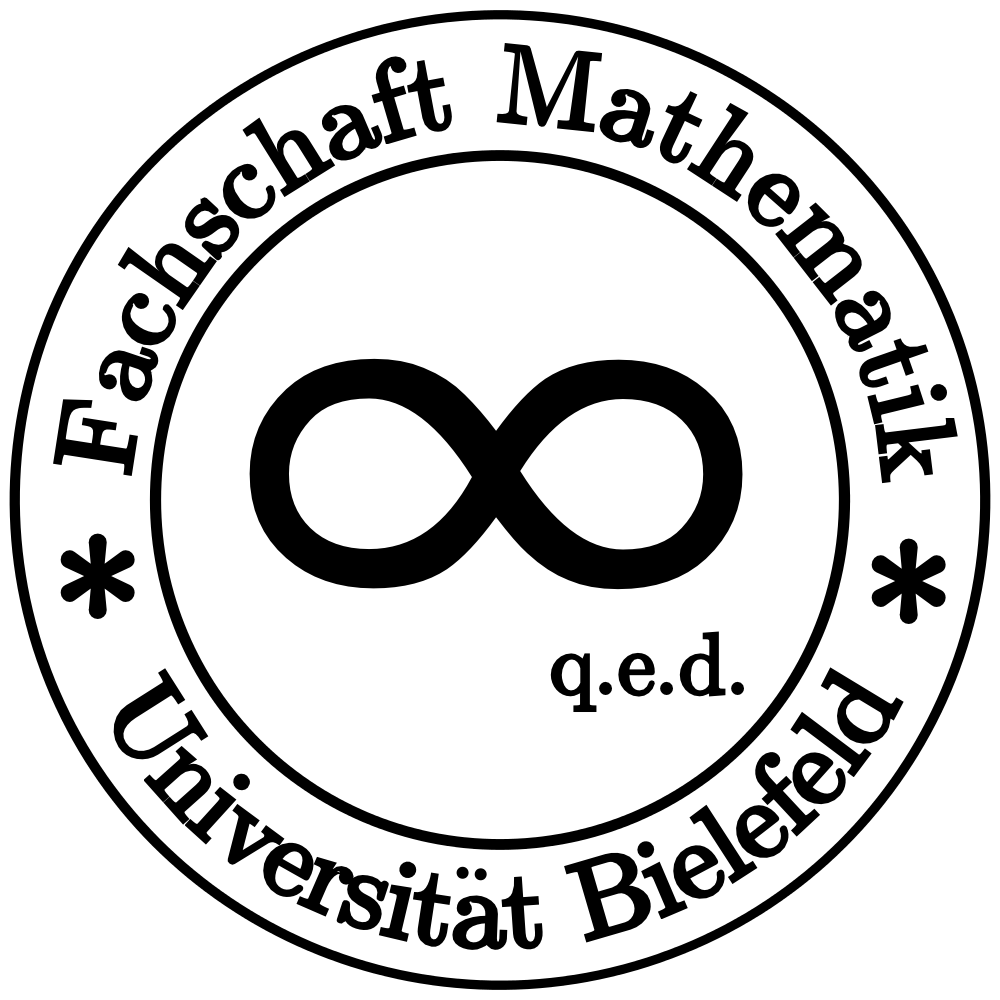
 Instagram
Instagram